I was talking to my son yesterday and reflecting with him about the social skills he is learning as a 9 year old. I shared with him that some of these skills he is learning can be tricky and that even some adults have trouble using them.
I decided it might be useful for a refresher course for us adults. These basic social skills may be a reminder for some of us and for some it might be new learning. I believe it is never too late to learn a new skill and relate to each other in a kinder, deeper and more honest way.
Seven basic skills to practice with your friends and family…..
Look at people, smile and say hello.
In the world we live in right now, there are so many new rules. We can still greet people with a hello. We can certainly still touch our own family. So hug your family, kiss each other in the morning, in the night and in between when ever you feel like it.
If you make a mistake or hurt someone’s feelings, apologise.
This means saying sorry, acknowledging the error or mistake and stating how you will learn or improve for the future.
If you notice that someone around you is experiencing an emotion, let them.
Feelings are ok, normal and they will pass. Sit with them, acknowledge their feelings. Most people don’t need or want you to try and fix what is happening for them. They certainly don’t need you to minimise what they are feeling, comments like ‘you will be fine, don’t worry, calm down, it’s not that bad’ are not very helpful. Instead you could say ‘looks like you are sad, angry, you are having a tough time. I can sit with you and be here if you would like a hug, share what is going on. Most importantly listen to them.
Listen to others.
This means hearing what they say to understand what they are saying, rather than listening to respond. It is ok to check out what they said and make sure you understand what they are saying. It is also ok to clarify what you have said. This promotes a much deeper understanding of each other and creates a much stronger connection and friendship. Most importantly be present.
Ask for help.
Let others contribute and help you.
Thank people and share how you appreciate them.
Notice and acknowledge your own feeling.
If you are experiencing a feeling, maybe you are feeling frustrated, angry, sad, lonely. Share this with someone you trust who can listen and sit with you. Unfortunately they can’t fix this or make the feeling go away. That is your job. It will pass. Find ways to help yourself, your own self- care; exercise, relaxation, reaching out to friends, journaling, a cup of tea, cuddling a pet, read a book, watch tv, professional support .
I realise I may have gone a little beyond basic social skills but for those out there that like to learn, over achieve, stretch themselves or strive for closer friendships, give them a try, practice and learn from your mistakes.








